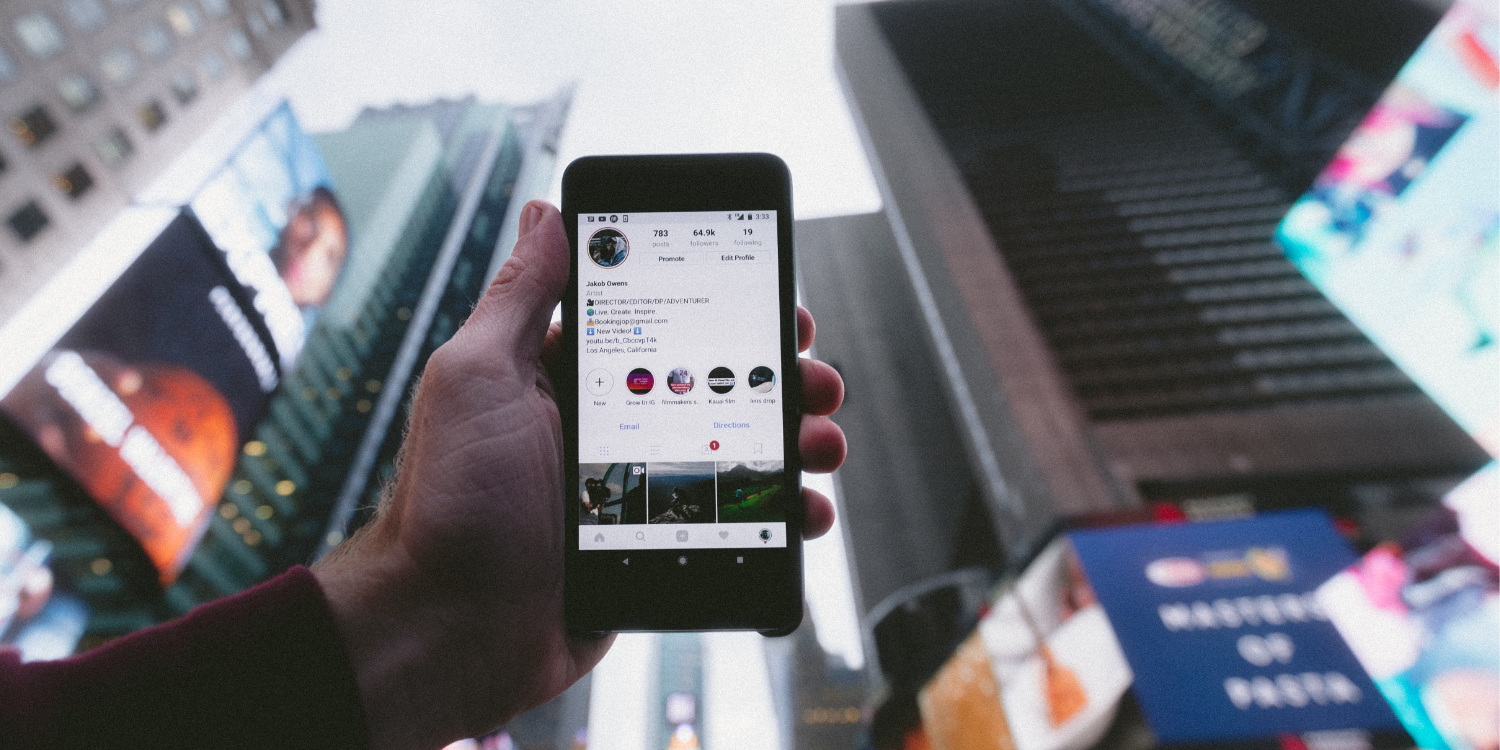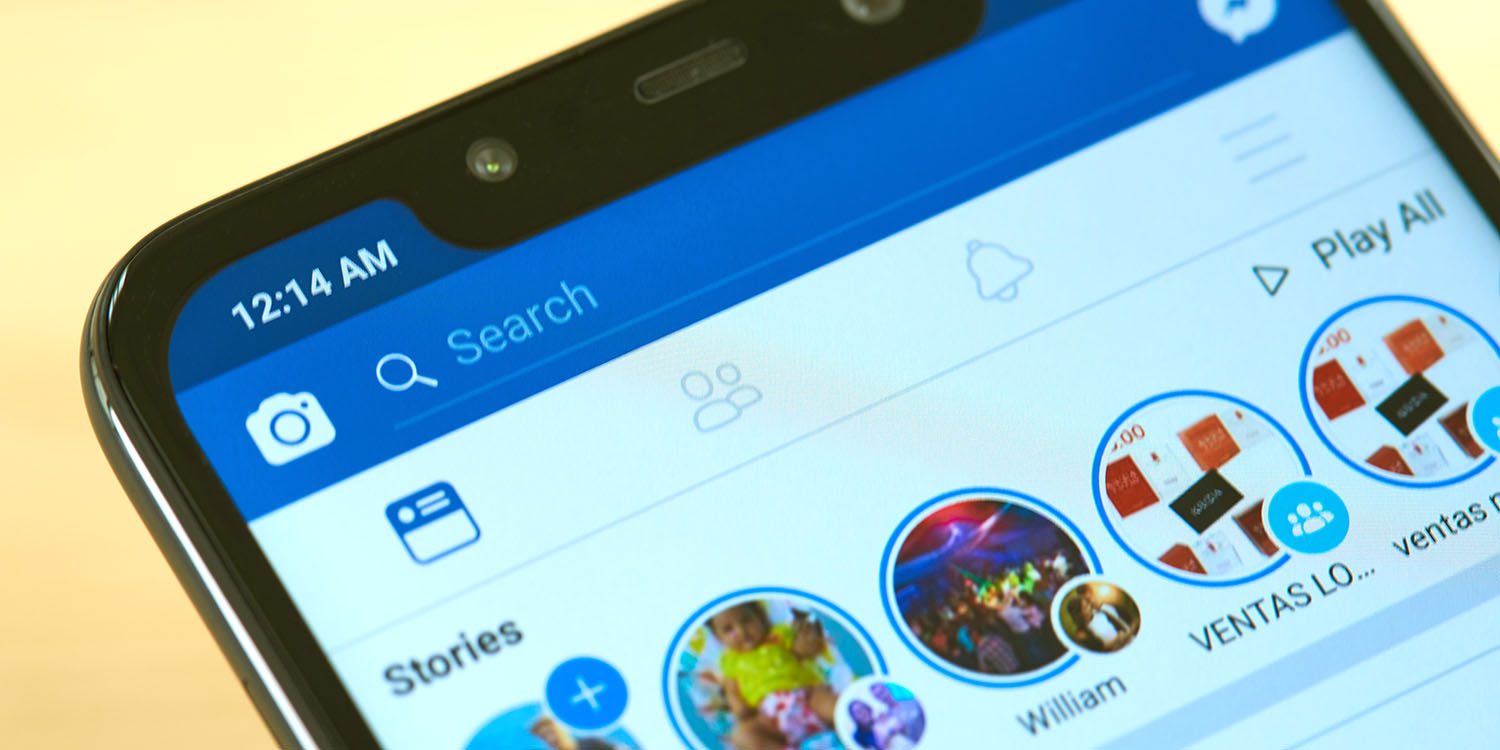
A few weeks ago, I got asked by a local church to talk to their parents about strategies to help monitor their kids’ social media use. This topic is one I get asked about a lot, and I know that a lot of parents are struggling with it. When they brought me up there, they were looking for a silver bullet of an app, service, or method to use to help make sure their kids don’t get into trouble on social media. I started the talk with a simple statement: your kids don’t need social media accounts and you don’t either.
Do kids need social media accounts?
Before you immediately close the page, hear me out. Facebook has now been around for 15 years, Twitter has been around for 13 years, and Instagram has been around for 8 years. These services have become engrained in our lives. My oldest son who is almost nine doesn’t know a world without them. All of my kids have grown up with Wi-Fi, super-fast internet, iPads, and iPhones. For them, technology is a way of life. For me (I’m in my mid–30s), I grew up without so much of it. That’s not to say we didn’t have computers in the house (we did), but I didn’t grow up with social media, mobile devices, or much of what the current generation has. I grew up playing computer games (Quake, Doom, etc.), Nintendo 64, PlayStation, Dreamcast, etc. We didn’t feel the pressure to get likes, retweets, or become a social media influencer. We had the pressure of knowing the best plays in NCAA football. In hindsight, we had it much better. How did we get here? How did we get to a place where you have document everything for the world to see?

As I continued the discussion, I asked one of the parents, what are your goals for your life? They gave me a few things, and I asked how Facebook or Instagram helped with that? They said it didn’t. I then asked the same parent about their goals for their kids. They gave me a few answers, and I asked how a Facebook account helped with that. They agreed it didn’t. My next question was how many people have read something on Facebook that made them mad? Basically, the entire room had their hand up. I think that was the eye-opening moment for a lot of them. They realized that social media wasn’t helping them accomplish their goals, and it was making them angry.
As I proceeded, I discussed the dangers for kids using social media. I mentioned that the parents of the 80s and 90s kids were concerned about their kids having computers in their room. Now, we give kids free access to the internet with a device that fits in their pocket, and we’re surprised when they make poor decisions? Let me say this plain and simple: kids can ruin their lives by what they say on social media, and they don’t need it. I mentioned this to a friend, and their response was that we need to let kids have access, but help them to learn how to handle it. My response was why don’t we let 14-year-olds drive? We need to realize that giving kids the ability to say whatever they want to the world is a recipe for disaster. When kids screw up on social media, why are we surprised? I know that I would have said some absolutely stupid things on the internet if Facebook had been around when I was a teenager.
For my three kids, my wife and I have made the decision that they will not have social media while they are under my supervision. If they want to get a Facebook account when they are in college — so be it. They will be old enough to understand the consequences of their actions (and deal with them). I just don’t believe a 15 or 16-year-old kid is old enough to handle it. I am going to help my kids avoid growing up in a digital world that is unrelenting in its ability to warp your vision of self-worth. I don’t want my kids worrying about if they got unfollowed by someone or got enough likes. I want them to worry about making good grades, having fun, and enjoying being a kid. I’ve had a lot of people say that they will sneak and do it on their own. That is a good possibility, but as soon as I find out, there will be swift punishment. Having social media accounts is not a human right (nor is having access to technology). We are the parents, and we will make the rules for our house.
Wrap-up
So to recap, for all the goals I have for my kids, social media doesn’t help them accomplish them. My wife and I haven’t had a Facebook account in almost a decade, and I’ve never missed it. I deleted my Instagram account years ago. I keep Twitter and LinkedIn around for professional reasons, but if you told me that my future income wasn’t based on having some sort of online identity, I would delete them as well. I am setting an example for my kids that we’d rather look at a beautiful scene of nature to enjoy it rather than having to “snap it for the ’Gram”. We take family photos for ourselves rather than having to post everything we do for the world to see. Try signing out of Facebook and Instagram for a month and see if your life improves. I also encourage you to listen to this episode of Analog(ue) where Casey Liss and Stephen Hackett discuss posting photos of your kids online.
For all the parents looking for ways to help manage and monitor your kids’ social media accounts, ask yourself if they really need them. If it’s something you have to monitor daily, is it really a good idea?
 Techosta Where Tech Starts From
Techosta Where Tech Starts From